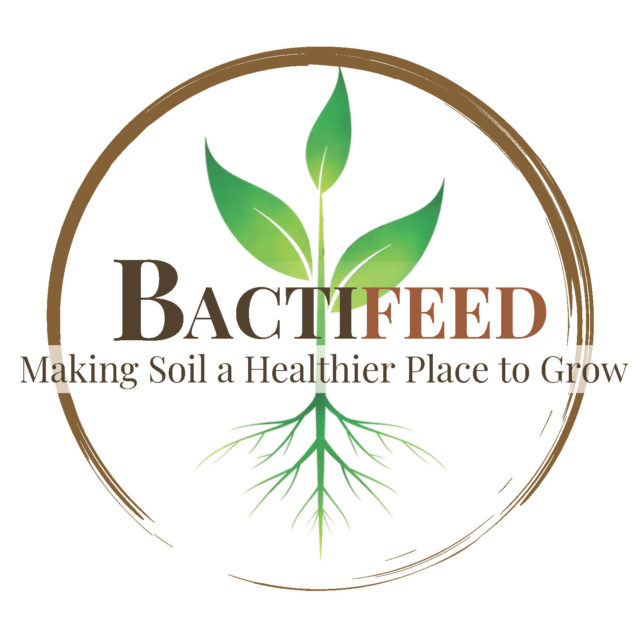Editor’s note: With lots of news affecting dairy farmers this week, Progressive Dairyman provides a second installment of Weekly Digest. 2018 MPP-Dairy premium balance deadline extended Livestock haulers could receive another ELD extension Senate rejects effort to block FDA food label standard enforcement July Class III, IV prices fall California 4a, 4b prices decline
2018 MPP-Dairy premium balance deadline extended
The deadline to pay all remaining 2018 Margin Protection Program for Dairy (MPP-Dairy) buy-up premium balances has been extended to Sept. 28, according to Danielle Cooke, acting deputy administrator of farm programs with the USDA Farm Service Agency. The original deadline for calendar year 2018 MPP-Dairy buy-up premiums was Sept. 1.
In a notice to USDA FSA state and county offices, Cooke said the extension will help ensure all MPP-Dairy participants have received all eligible payments before premiums are due.
Livestock haulers could receive another ELD extension
The Senate passed a fiscal year 2019 “minibus” appropriations bill on Aug. 1, including an amendment to delay implementation of electronic logging device (ELD) mandates for livestock haulers by one more year.
Livestock haulers are already operating on an implementation delay until the end of the fiscal year 2018 (Sept. 30, 2018). The appropriations bill would extend implementation until Sept. 30, 2019.
ELDs are a record-keeping device synchronized to a truck engine that logs information digitally. In real time, an ELD records data such as time spent on the road, miles driven, location and engine hours. Livestock haulers and agricultural organizations have questioned the original mandates. The hours-of-service stipulations make it difficult to transport livestock long distances without either stopping to unload midway at holding facilities or keeping livestock in the trailer for the 10-hour wait time. Another option to stay within regulations would be using teams of drivers, but there has been a shortage of drivers, especially for livestock transportation.
ELD regulations are administered by the U.S. Department of Transportation’s Federal Motor Carrier Safety Administration (FMCSA). The Senate’s funding package covers the U.S. departments of Agriculture, Transportation, Housing and Urban Development, and the Interior.
Senate rejects effort to block FDA food label standard enforcement
Dairy organizations are praising a Senate vote turning back a proposal they say would have blocked the U.S. Food and Drug Administration (FDA) from enforcing dairy “standards of identity.”
The amendment – defeated by a vote of 14-84 – was offered by U.S. Sen. Mike Lee (R-Utah) as part of a “minibus” appropriations bill, covering fiscal year 2019 spending for the U.S. departments of Agriculture, Transportation, Housing and Urban Development, and Interior. The proposal would have prohibited standards of identity from being enforced against plant-based products using terms such as “milk” on labels and marketing materials.
“[The] vote should send a very strong message to food marketers who have long been ignoring FDA’s food labeling standards by inappropriately using dairy terms on products that do not contain any dairy,” said Jim Mulhern, president and CEO of the National Milk Producers Federation (NMPF). ”Those days are numbered. FDA now knows it has strong, bipartisan support in Congress in its efforts to assure a fair marketplace.”
FDA Commissioner Scott Gottlieb has pledged to address the use of “milk” and other dairy terms by manufacturers and marketers of plant-based alternatives.
“Consumers are being misled on the nutritional benefits of plant-based products, and it is affecting the health of children and potentially adults,” according to a statement from Midwest-based FarmFirst Dairy Cooperative, which also praised the Senate vote. “Dairy has earned its place at the dinner tables of families for its sincere nutritional offerings and shouldn’t be undermined by imitators that lack the same level of nutrition.”
July Class III, IV prices fall
Weaker component values pulled July 2018 federal order Class III and Class IV milk prices lower.
The July Class III price is $14.10 per hundredweight (cwt), down $1.11 from June and $1.35 less than June 2017. The year-to-date Class III price average stands at $14.37 per cwt, down $1.65 from the same period a year earlier.
The July Class IV price is $14.14 per cwt, down 77 cents from June and $2.46 less than July a year ago. The January-July Class IV price average is $13.73 per cwt, down $1.56 from the same period a year earlier.
California 4a, 4b prices decline
California’s July Class 4a price is $13.72 per cwt, down 50 cents from June and $2.69 less than July 2017. The year-to-date 2018 average stands at $13.42 per cwt, compared to $15.07 per cwt a year ago.
The July 4b price is $14.09 per cwt, down 34 cents from June and $1.20 lower than July 2017. The January-July 2018 average stands at $14.06 per cwt, compared to $15.14 per cwt a year ago. ![]()

-
Dave Natzke
- Editor
- Progressive Dairyman
- Email Dave Natzke








